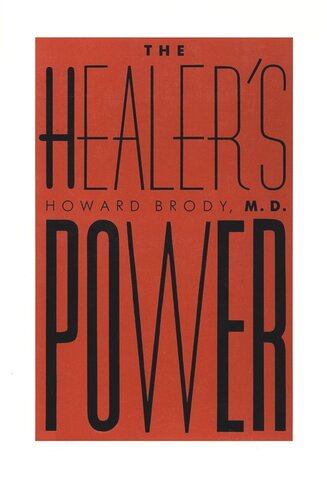

Most ebook files are in PDF format, so you can easily read them using various software such as Foxit Reader or directly on the Google Chrome browser.
Some ebook files are released by publishers in other formats such as .awz, .mobi, .epub, .fb2, etc. You may need to install specific software to read these formats on mobile/PC, such as Calibre.
Please read the tutorial at this link: https://ebookbell.com/faq
We offer FREE conversion to the popular formats you request; however, this may take some time. Therefore, right after payment, please email us, and we will try to provide the service as quickly as possible.
For some exceptional file formats or broken links (if any), please refrain from opening any disputes. Instead, email us first, and we will try to assist within a maximum of 6 hours.
EbookBell Team

4.1
20 reviewsAlthough the physician’s use and misuse of power have been discussed in the social sciences and in literature, they have never been explored in medical ethics until now. In this book, Dr. Howard Brody argues that the central task is not to reduce the physician’s power, as others have suggested, but to develop guidelines for its use, so that the doctor shares with the patient both information and the responsibility for deciding on appropriate treatment.
Dr. Brody first reviews literary works dealing with medical power, from Dostoevsky’s “The Grand Inquisitor” to stories by William Carlos Williams, Vonda McIntyre, and Richard Selzer. These works, he shows, reveal the healers’ ambivalence over their own powers and patients’ fears of the abuse of power. Dr. Brody then points out important but neglected ethical issues that emerge from an analysis of power, such as the tension between care of individual patients and the pressures of the doctor’s workload; the rescue fantasy that impels some physicians to extraordinary lengths to save a life; and the economic system, which rewards surgeons and other specialists more than it does physicians who spend time talking with patients about their problems. He also shows how the perspective of shared power can shed new light on standard topics in medical ethics—from informed consent and confidentiality to resource allocation and cost containment.